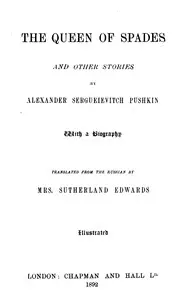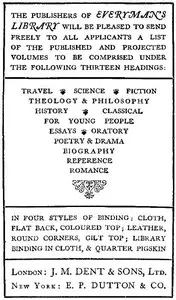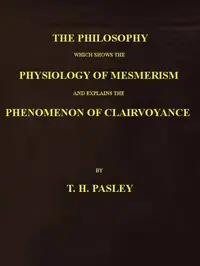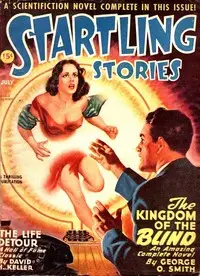"The Gambler" by Fyodor Dostoyevsky is a story set in the late 1800s that looks at how gambling, love, and wanting to get ahead can mess with a person. It mainly follows Alexei Ivanovich, a tutor for a Russian general's family. The story shows Alexei's strong feelings for the mysterious Polina Alexandrovna and examines big ideas like being obsessed with something, wanting something really badly, and how society pushes people to care about money and what others think. When Alexei gets back to Roulettenberg, a place known for gambling, things are tense, especially for General Zakharin and his family, because they're waiting for something big to happen. At the start readers see Alexei's own struggle with gambling, the general's money problems, and Polina's complicated wishes. As things move forward, Alexei tries to deal with his confusing emotions for Polina while also getting more and more into the exciting and unpredictable world of roulette, which makes him question why he's doing what he's doing and how far he's willing to go to get money and someone's love.

The Gambler
By Fyodor Dostoyevsky
In a world of risk and chance, a tutor's obsession with both a captivating woman and the allure of roulette spins him into a chaotic pursuit of love and fortune.
Summary
About the AuthorFyodor Mikhailovich Dostoevsky, sometimes transliterated as Dostoyevsky, was a Russian novelist, short story writer, essayist and journalist. Numerous literary critics regard him as one of the greatest novelists in all of world literature, as many of his works are considered highly influential masterpieces. Dostoevsky's literary works explore the human condition in the troubled political, social, and spiritual atmospheres of 19th-century Russia, and engage with a variety of philosophical and religious themes. His most acclaimed novels include Crime and Punishment (1866), The Idiot (1869), Demons (1872), The Adolescent (1875), and The Brothers Karamazov (1880). His 1864 novella Notes from Underground is considered to be one of the first works of existentialist literature.
Fyodor Mikhailovich Dostoevsky, sometimes transliterated as Dostoyevsky, was a Russian novelist, short story writer, essayist and journalist. Numerous literary critics regard him as one of the greatest novelists in all of world literature, as many of his works are considered highly influential masterpieces. Dostoevsky's literary works explore the human condition in the troubled political, social, and spiritual atmospheres of 19th-century Russia, and engage with a variety of philosophical and religious themes. His most acclaimed novels include Crime and Punishment (1866), The Idiot (1869), Demons (1872), The Adolescent (1875), and The Brothers Karamazov (1880). His 1864 novella Notes from Underground is considered to be one of the first works of existentialist literature.


















